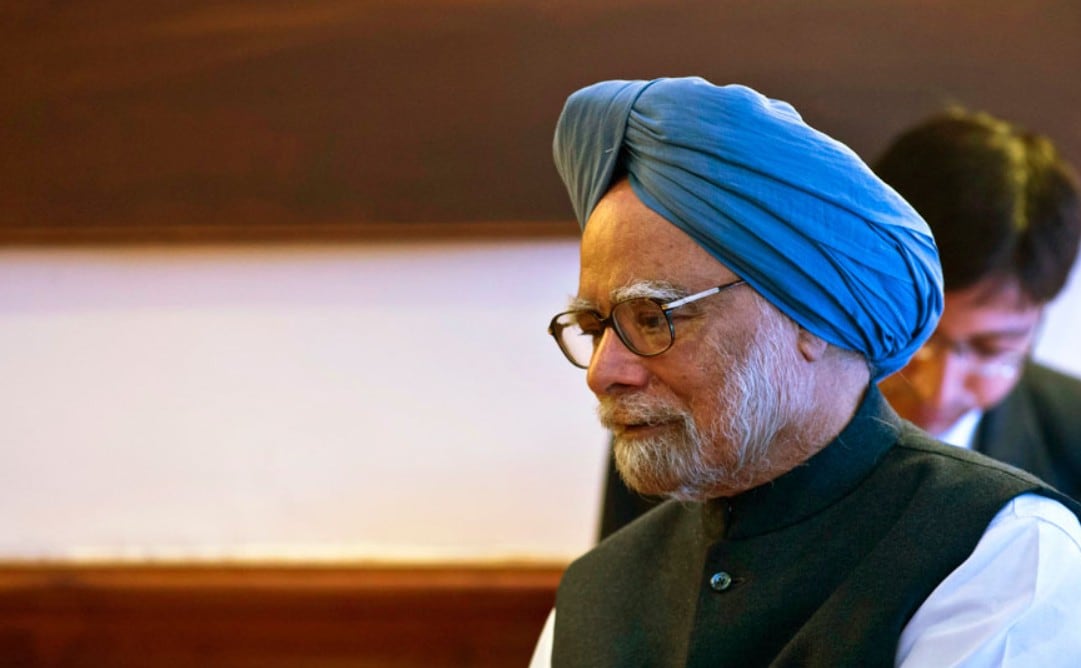Dr. Manmohan Singh, the economist-turned-politician who as prime minister and finance minister helped transform India from a closed socialist economy into an emerging global powerhouse, died on Thursday at the All India Institute of Medical Sciences in New Delhi. He was 92.
The hospital announced his death in a statement, saying he had been admitted after losing consciousness at home. Despite emergency resuscitation efforts, he was pronounced dead at 9:51 p.m.
A soft-spoken intellectual who rose from humble beginnings, Dr. Singh left an indelible mark on India’s economic landscape. His most consequential role came in 1991 when, as finance minister under Prime Minister P.V. Narasimha Rao, he orchestrated sweeping reforms that dismantled the nation’s “License Raj” — a complex system of permits and regulations that had stifled economic growth for decades.
Later, as prime minister from 2004 to 2014, Dr. Singh continued to champion liberalization and globalization policies that helped lift millions out of poverty and established India as an economic force on the world stage.
Prime Minister Narendra Modi praised Dr. Singh as “one of India’s most distinguished leaders” whose economic expertise “left a strong imprint on our economic policy over the years.”
The reforms Dr. Singh implemented as finance minister were revolutionary for their time: reducing tariffs and interest rates, welcoming foreign investment, and beginning to dismantle state monopolies. These changes laid the groundwork for decades of economic growth that would follow.
“His contributions to the nation and his dedication to public service will always be remembered,” said Congress leader Salman Khurshid, reflecting the somber mood that swept across India’s political establishment upon news of his death.
Dr. Singh had recently concluded a 33-year tenure in the Rajya Sabha, India’s upper house of Parliament, where he had served since October 1991. His retirement in April 2024 marked the end of an era in Indian politics.
Born on September 26, 1932, in what is now Pakistan, Dr. Singh lived through the partition of India and rose to the highest offices of government through intellectual achievement rather than political dynasty — a rarity in Indian politics.
He is survived by his wife, Gursharan Kaur, and their three daughters.
As news of his death spread, tributes poured in from across the political spectrum, with many noting how his quiet demeanor and technocratic expertise helped guide India through a critical period of economic transformation. While his tenure as prime minister was sometimes criticized for its pace of reforms, his legacy as the architect of India’s economic liberalization remains secure.
